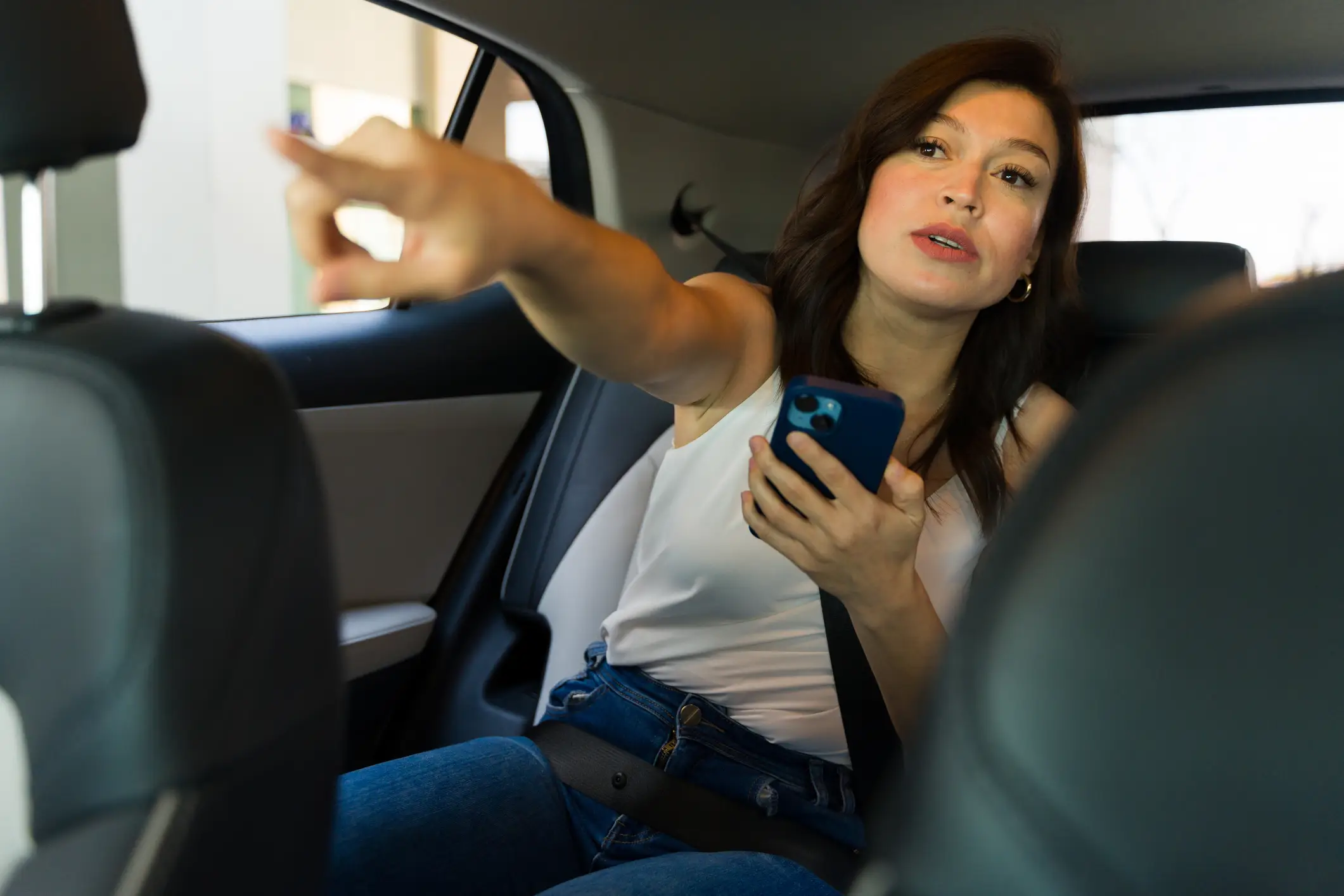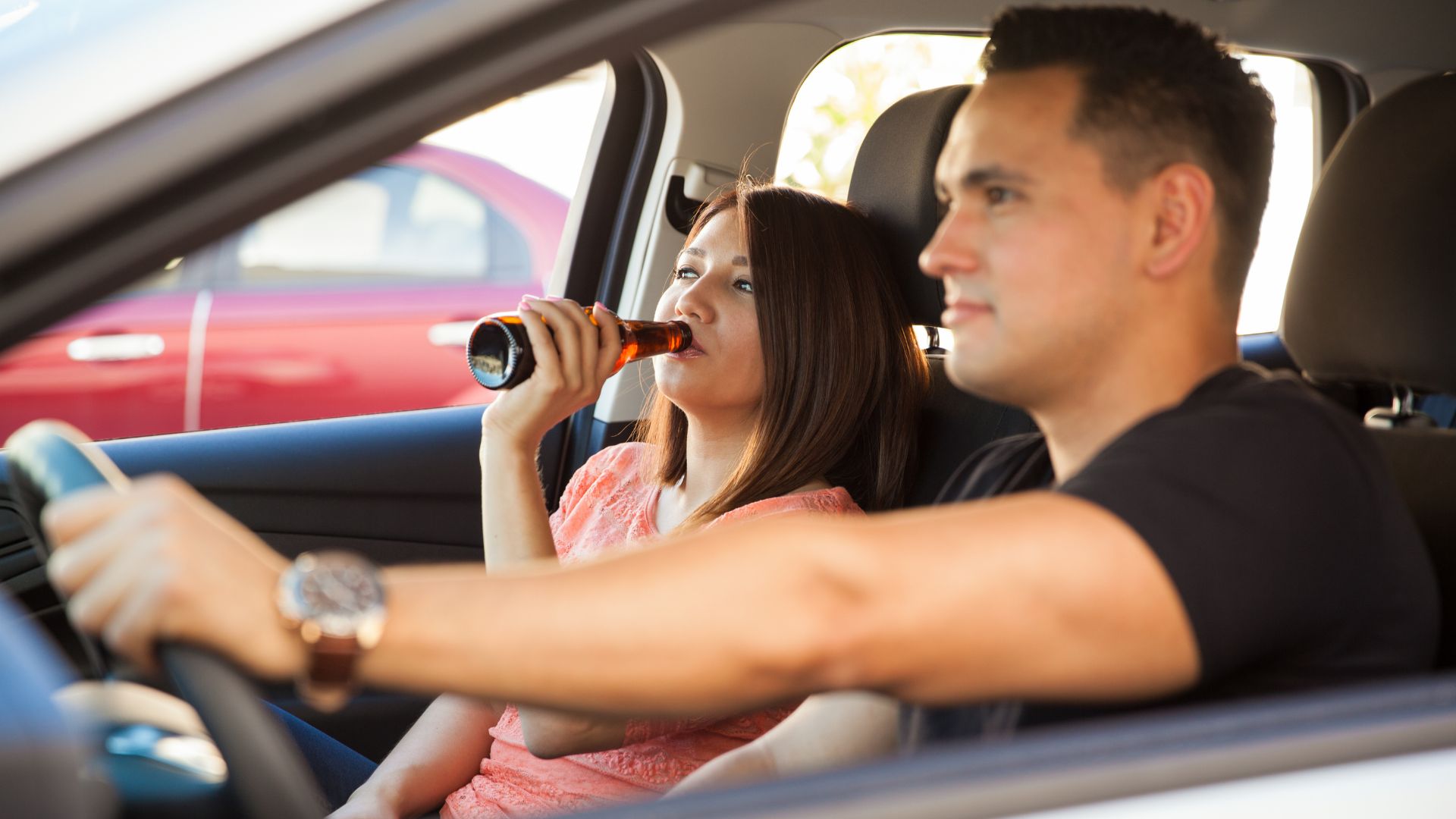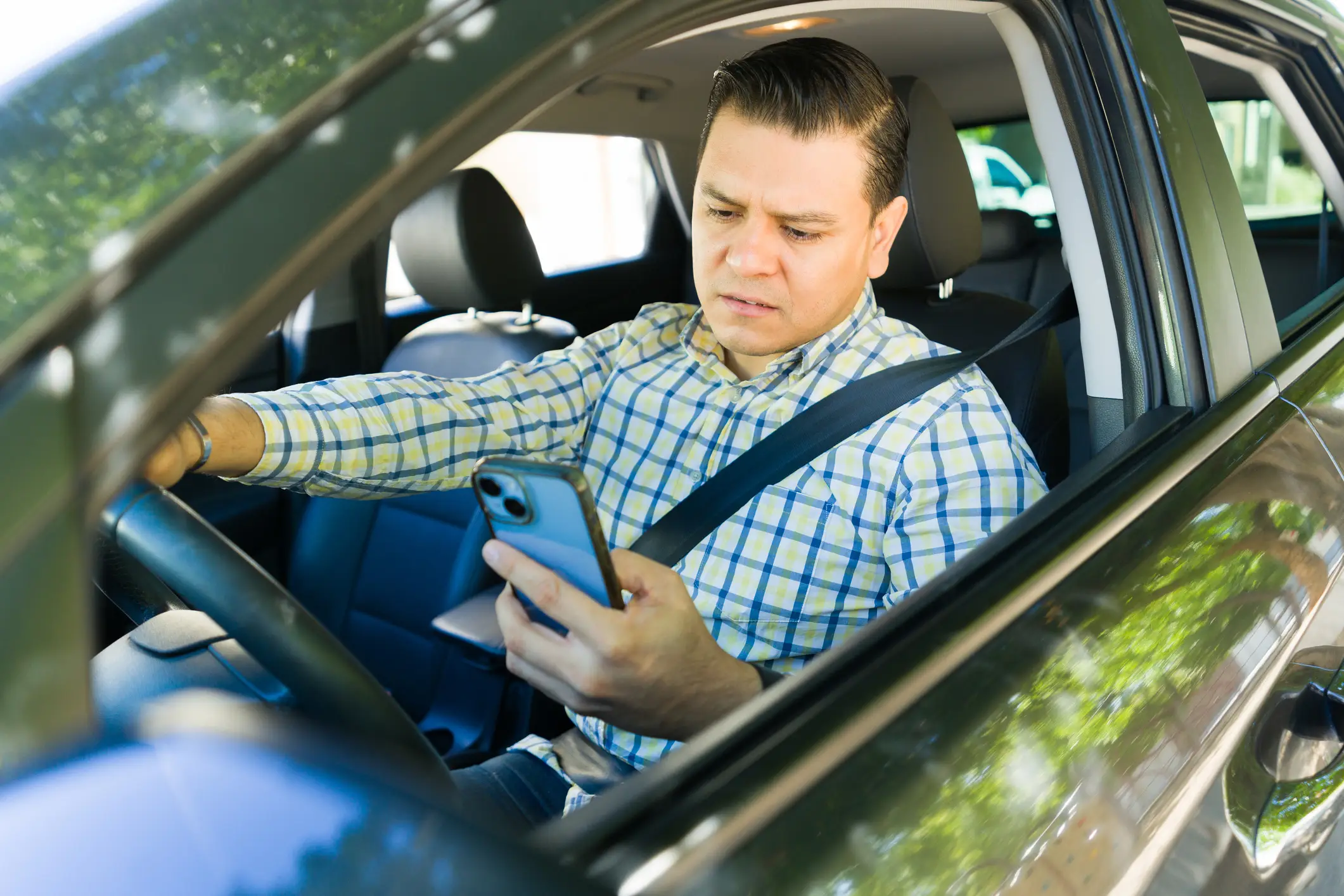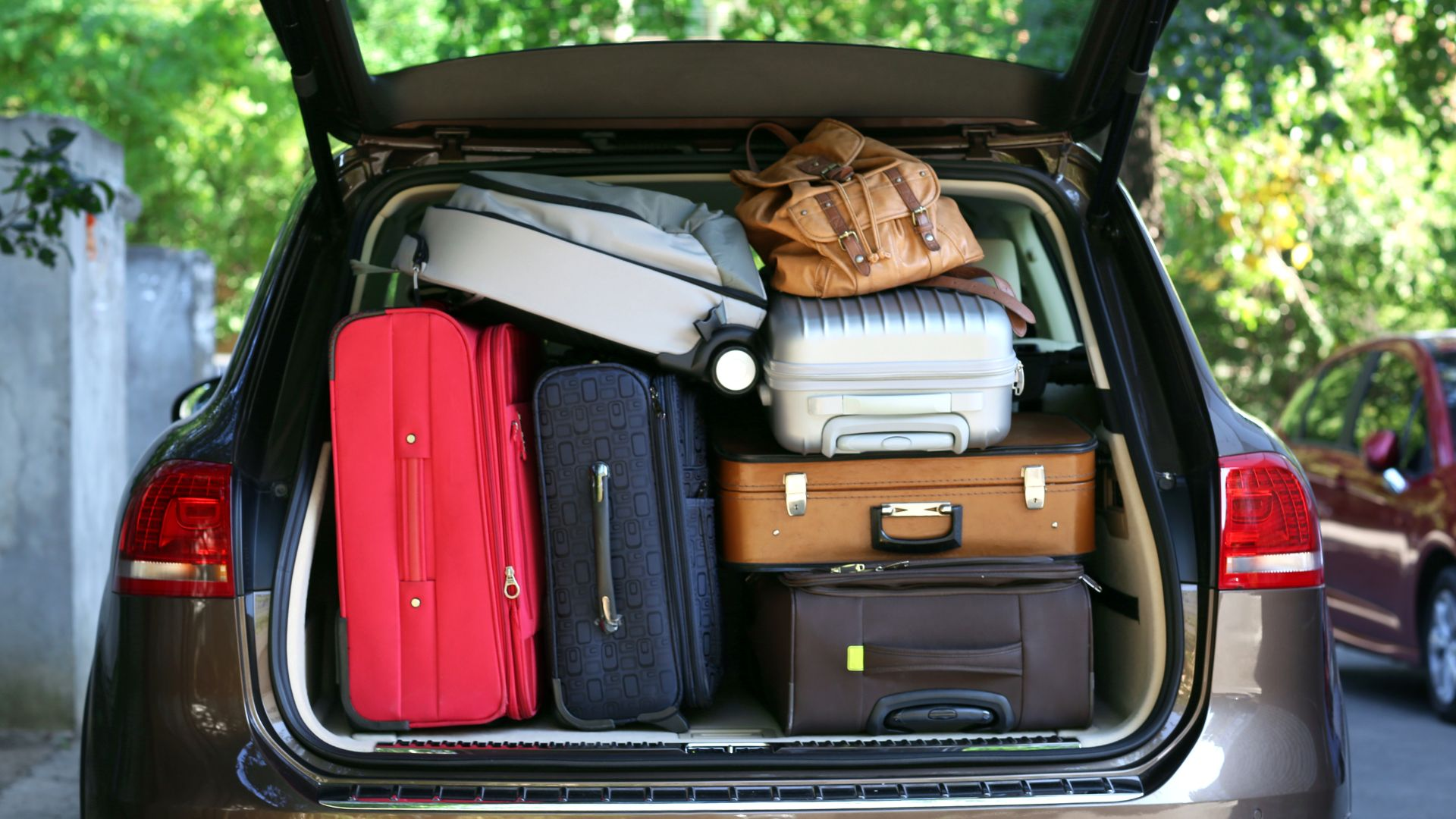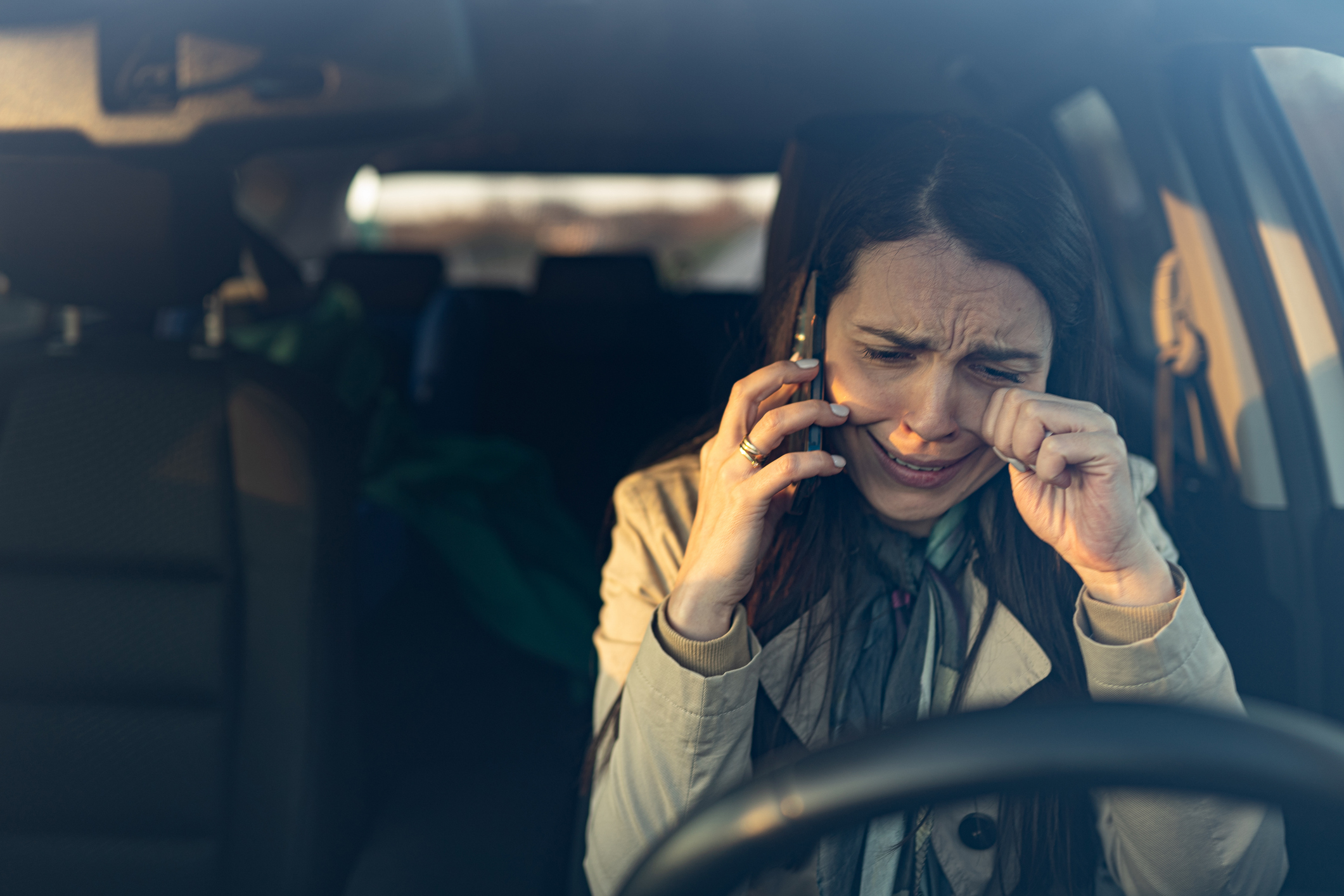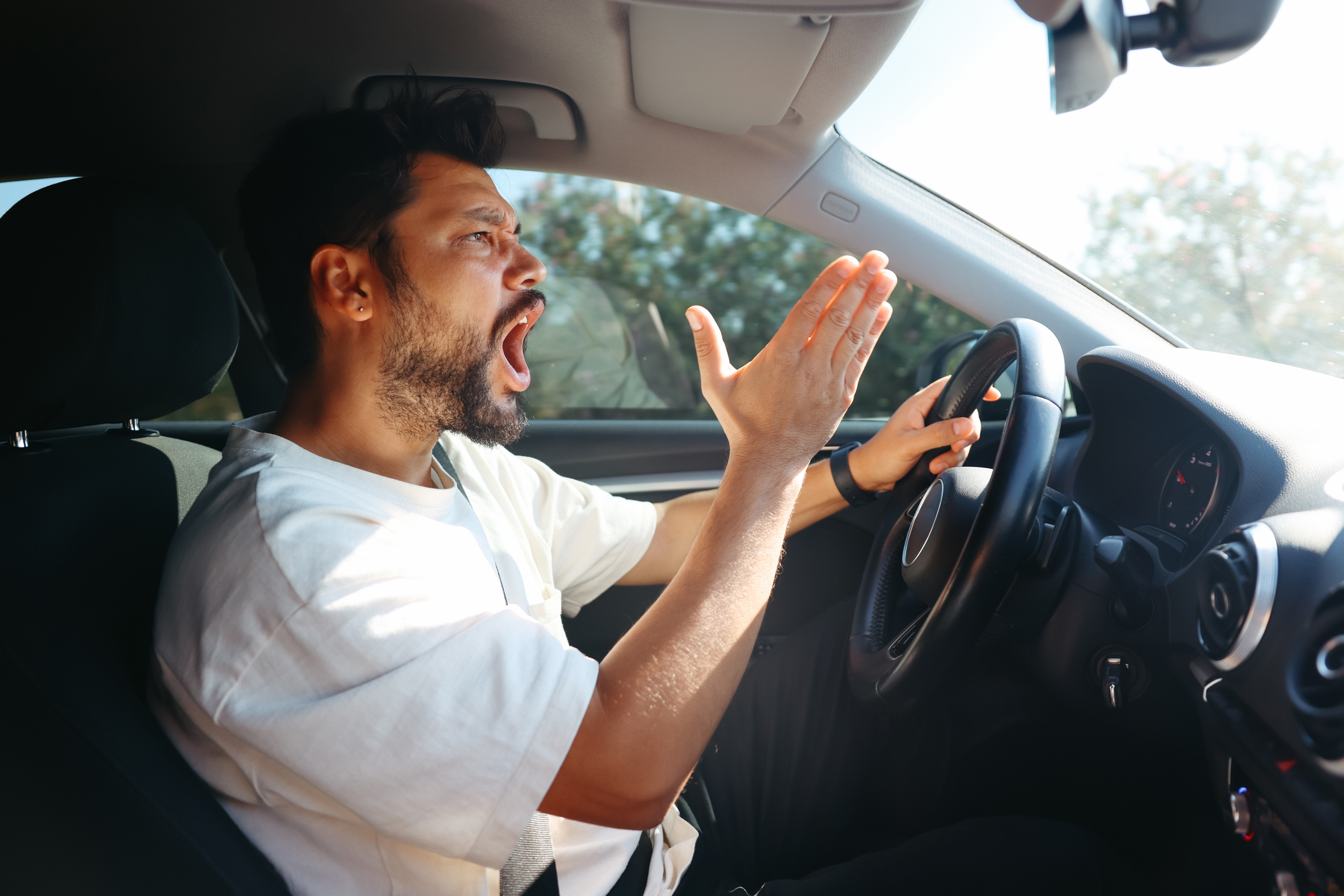Uber and Lyft have made getting around easier than ever, but being a rider on these platforms comes with rules and regulations. Just like drivers can get banned for bad behavior, passengers can also lose access to the app for violating guidelines.
At West Coast Trial Lawyers, we’ve seen how one bad interaction can lead to a ban, even when the rider didn’t realize they were crossing a line. Whether you’re a frequent user or just hail a ride occasionally, it’s important to know what could get your account suspended (or shut down for good.)
Here are 11 ways riders can be banned from Uber or Lyft, and how to avoid making those mistakes.
1. Disrespecting or Harassing Drivers
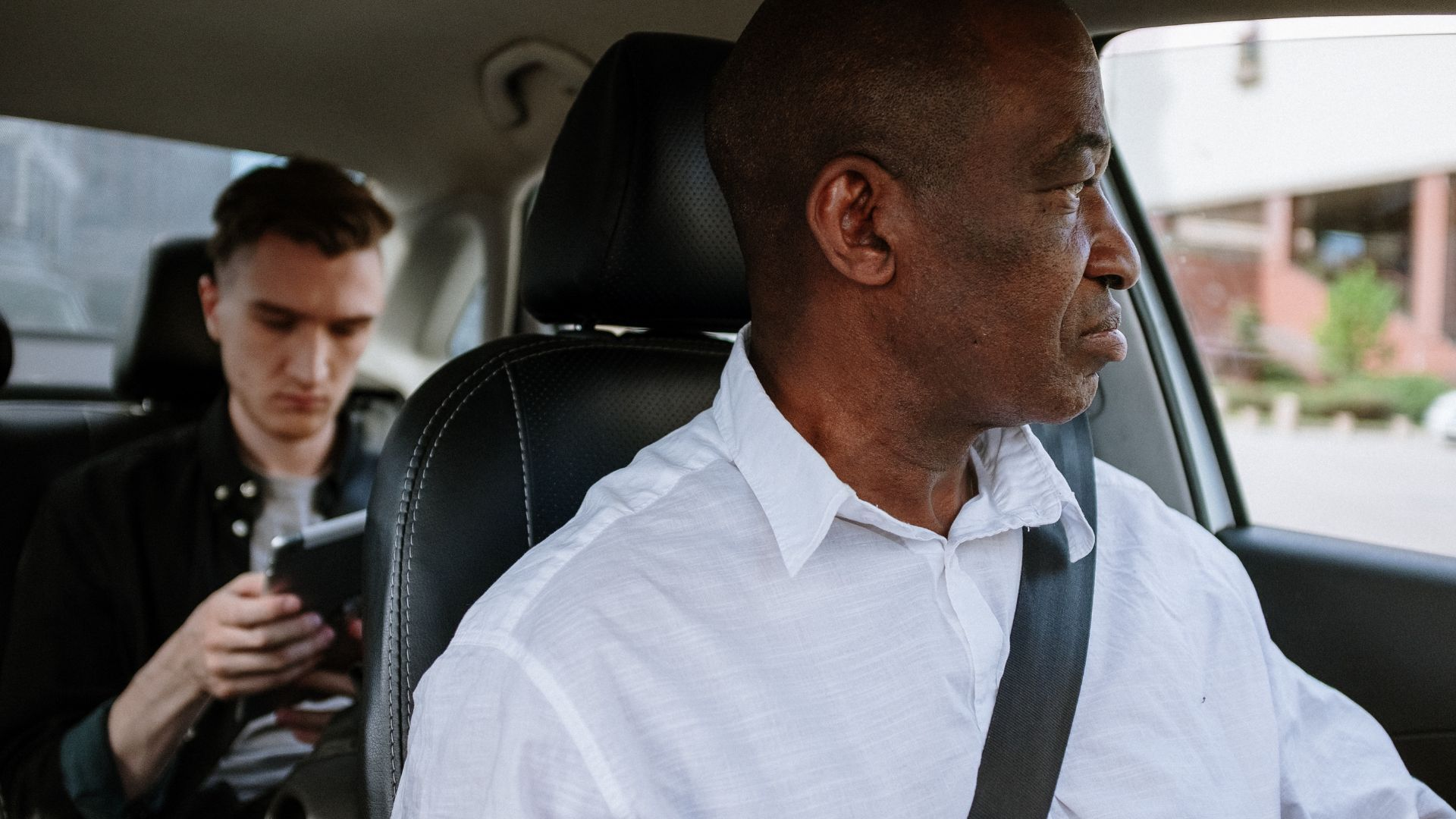
Disrespect can range from raised voices and profanity to threats, slurs, and pressuring a driver to ignore traffic laws or company rules. Even when no one is touched, sustained verbal hostility can cause a driver to feel unsafe, end the trip, and file a report that prompts an account pause while support reviews statements and any available dashcam footage. As Uber and Lyft both have strict zero-tolerance policies for harassment and abusive behavior, the safest approach is to keep conversations brief and businesslike, avoid confrontations in the vehicle, and if something genuinely bothers you, ask the driver to stop in a safe, well-lit location and submit a calm, factual report in the app. Remember that contacting drivers off-platform after a ride can be perceived as harassment and may complicate any review.
2. Consistently Getting Low Star Ratings
Drivers rate passengers just like passengers rate drivers. If your rating dips too low (usually below 4.6) you could be flagged as a difficult rider. The lower your rating, the higher the chances you’ll be banned or passed over for ride requests. Deactivations don’t always hinge on a single “big” event; sometimes it’s a pattern. Chronic lateness to pickups, frequent no-shows or cancellations, messy behavior, and pressuring drivers for unsafe shortcuts all contribute to persistently low ratings. The platforms use ratings as an early warning system; if your average falls below an internal threshold or your account accumulates similar complaints, a review can be triggered even without a dramatic incident. You can course-correct by being ready at the curb, wearing your seat belt, keeping noise down at night, and communicating changes through the app rather than via rushed, last-second directives from the back seat.
3. Damaging the Vehicle
Damage includes obvious issues like torn upholstery and broken handles, but also “invisible” problems such as lingering smoke or vape odors, spilled food and drinks, or contamination from motion sickness or pets. Drivers typically submit timestamped photos and request a cleaning or repair fee; repeated incidents or a single severe mess can result in deactivation. If you believe a claim is mistaken, respond quickly through the app, request the evidence photos, and provide your own proof such as post-ride images, receipts showing you exited elsewhere, or contact details for fellow riders who can corroborate your account. Keep in mind that damage affecting safety equipment mirrors, seat belts, airbags draws the fastest and firmest response.
4. Carrying Drugs or Open Alcohol
Bringing illegal substances, using drugs in the car, or carrying open alcohol can result in a permanent ban. It doesn’t matter if the law allows it in your state, if it makes the driver feel unsafe or breaks platform policy, your account is at risk. A driver may end the trip immediately, report the incident, and decline future pickups at your profile’s name and phone number. If you’re impaired, the safest path is to sit belted in the rear, keep movements calm, avoid open containers, and follow the driver’s cues at stops so you don’t distract from the driving task. If an impaired-rider trip ends in a crash or a fall while entering or exiting, seek medical care immediately, create a timestamped report in the app, and preserve your trip receipt and route map these records can become crucial in any injury claim.
5. Making False Claims Against Drivers
Filing dishonest reports like for example, accusing a driver of harassment without basis or asserting a bogus “mess” to avoid charges can lead to rider deactivation and, in egregious cases, expose the rider to legal risk such as defamation or fraud allegations. When you do have a legitimate concern, stick to verifiable facts: the date and time of the trip, pickup and drop-off locations, who was present, and exactly what was said or done. Attach screenshots of relevant messages and receipts, and provide witness names when possible. Precision helps support teams resolve issues quickly and fairly, and it protects you if the other party disputes your account.
6. Overloading the Vehicle
Trying to cram five people into a car that only holds four is not only uncomfortable, it’s against the rules. Putting more people in the car than there are seat belts, allowing lap seating, traveling with unbelted children, or loading unsecured luggage and equipment is not adhering to California Vehicle Code Section 21712, and as a result, can all trigger complaints and eventual bans. Overcapacity isn’t just inconvenient, it’s a genuine crash hazard and, in many places, a violation of traffic and child-restraint laws. If your group or gear won’t safely fit, book an XL or a second vehicle, bring legally required child seats, and secure bulky items so they can’t become projectiles. Non-service pets require driver consent; confirm ahead of time and use a carrier or blanket to protect the interior. Service animals must be accommodated even if there’s an allergy or preference conflict.
7. Physical or Sexual Misconduct
Any kind of physical aggression or inappropriate behavior can result in a permanent and immediate ban. This includes unwanted touching, inappropriate comments, or trying to flirt with your driver. A single substantiated incident can result in permanent deactivation and may also lead to police involvement. If you experience misconduct, get to a safe place, call emergency services if needed, seek medical attention, and make an in-app report so the incident is timestamped in platform records. Preserve evidence such as clothing, photographs of injuries, and any messages exchanged. Speaking with a lawyer promptly can help you protect your rights, especially where there may be surveillance footage, dashcam data, or other evidence that needs to be preserved quickly.
8. Fraud or Payment Disputes
Using stolen cards, creating multiple accounts to “farm” promotions, initiating serial chargebacks, or manipulating pricing and GPS all point to fraud and typically result in swift deactivation. Even repeated chargebacks on legitimate trips without first attempting to resolve issues through the in-app Help Center can flag an account as abusive. If you have a real billing problem, reference the specific trip by date and time, attach receipts and screenshots, and let support investigate. Avoid creating additional accounts or using fake names to “get around” a restriction; that behavior almost always triggers a permanent ban once discovered.
9. Unsafe Pickup or Drop-Off Behavior
Demanding stops in bus lanes, bike lanes, red zones, crosswalks, or airport no-stopping areas puts everyone at risk and can earn both citations and complaints. Opening doors into moving traffic also known as “dooring” is a common cause of cyclist injury and will often be treated as a serious safety event. Choose legal, well-lit pickup and drop-off points on the correct side of the street, allow the driver to loop around when necessary, and scan mirrors before opening doors. Many urban cores and airports have designated rideshare zones; using them keeps traffic flowing and reduces the chance of a safety complaint turning into a suspension.
10. Sharing Your Account or Using Fake Info
Letting friends or family ride on your profile, using a false name or phone number, or creating new accounts after deactivation defeats the platforms’ identity and safety checks. It also hinders emergency responders and complicates investigations when something goes wrong. Keep your account information accurate and personal. If you want to pay for someone else’s ride, use official features like “add a rider” or gift options so identity, contact, and trip records remain clear and everyone is covered by the appropriate policies.
11. Discrimination and Hate Speech
Using slurs, displaying symbols of hate, or refusing service based on race, national origin, religion, disability, sex, gender identity, or sexual orientation violates core platform rules and, in many places, civil rights laws. A single substantiated incident can result in immediate permanent deactivation. Treat drivers and fellow passengers with dignity, and remember that service animals must be accommodated even when personal preferences conflict. Beyond platform consequences, discriminatory conduct can carry legal consequences when it causes harm.
West Coast Trial Lawyers Is Here to Help
Most riders don’t get banned for just one mistake, but for repeated violations or serious misconduct? That’s a different story. The good news is, staying in good standing is easy. Be courteous, follow the rules, and treat each ride like a shared space. We believe respect goes both ways and both drivers and riders deserve safe, fair experiences.
However, if you’ve been involved in a serious rideshare accident that caused harm, our skilled personal injury lawyers at West Coast Trial Lawyers is here to help. We are committed to resolving your legal issues as quickly as possible while receiving the best results. By having our rideshare accident lawyers by your side, you can rest easy knowing that your rights are protected.
Best of all, we operate on a contingency fee basis, meaning if we do not win, you owe us nothing. Call (213) 927-3700 or fill out our quick online contact form for a free consultation.
